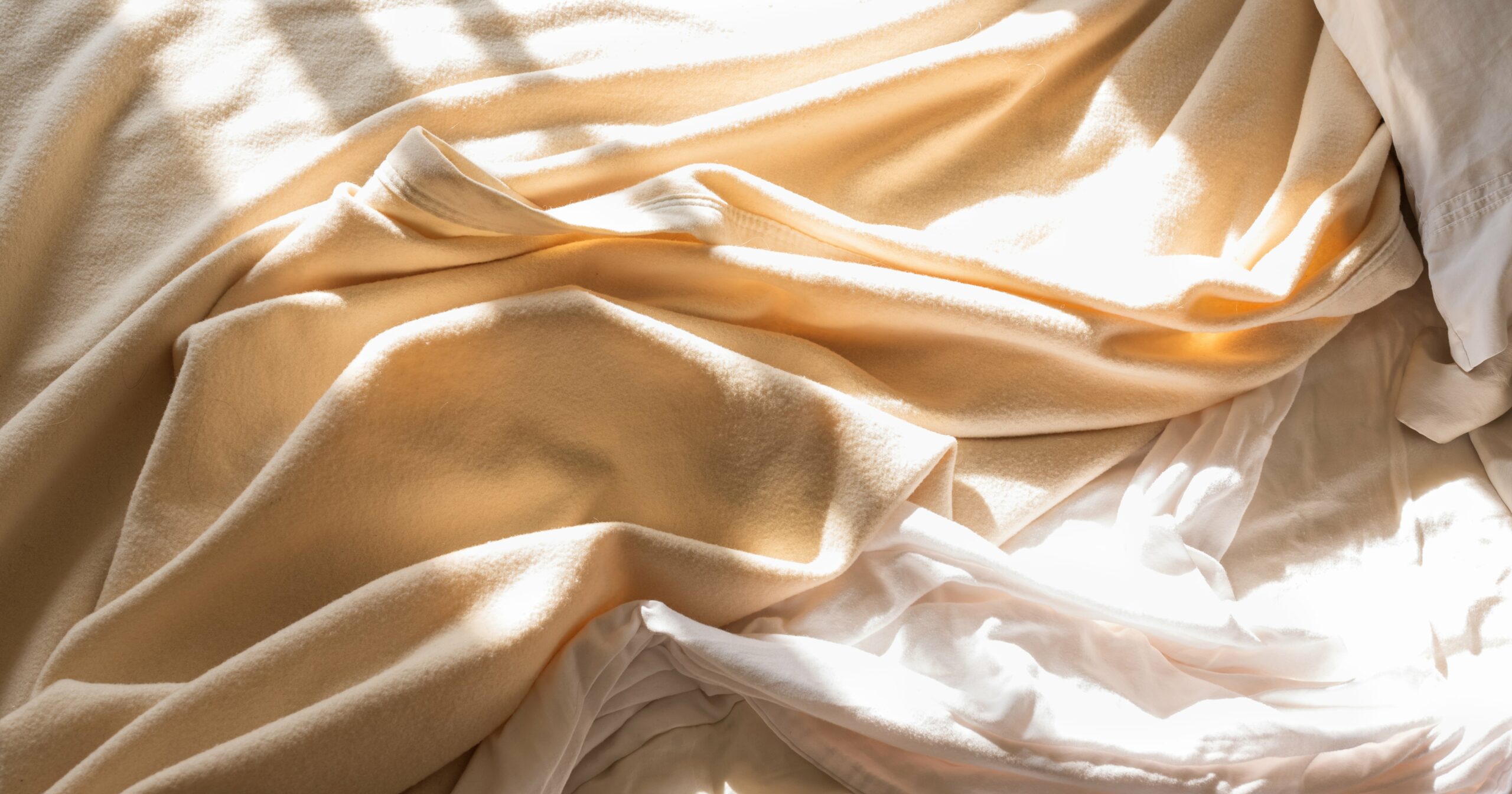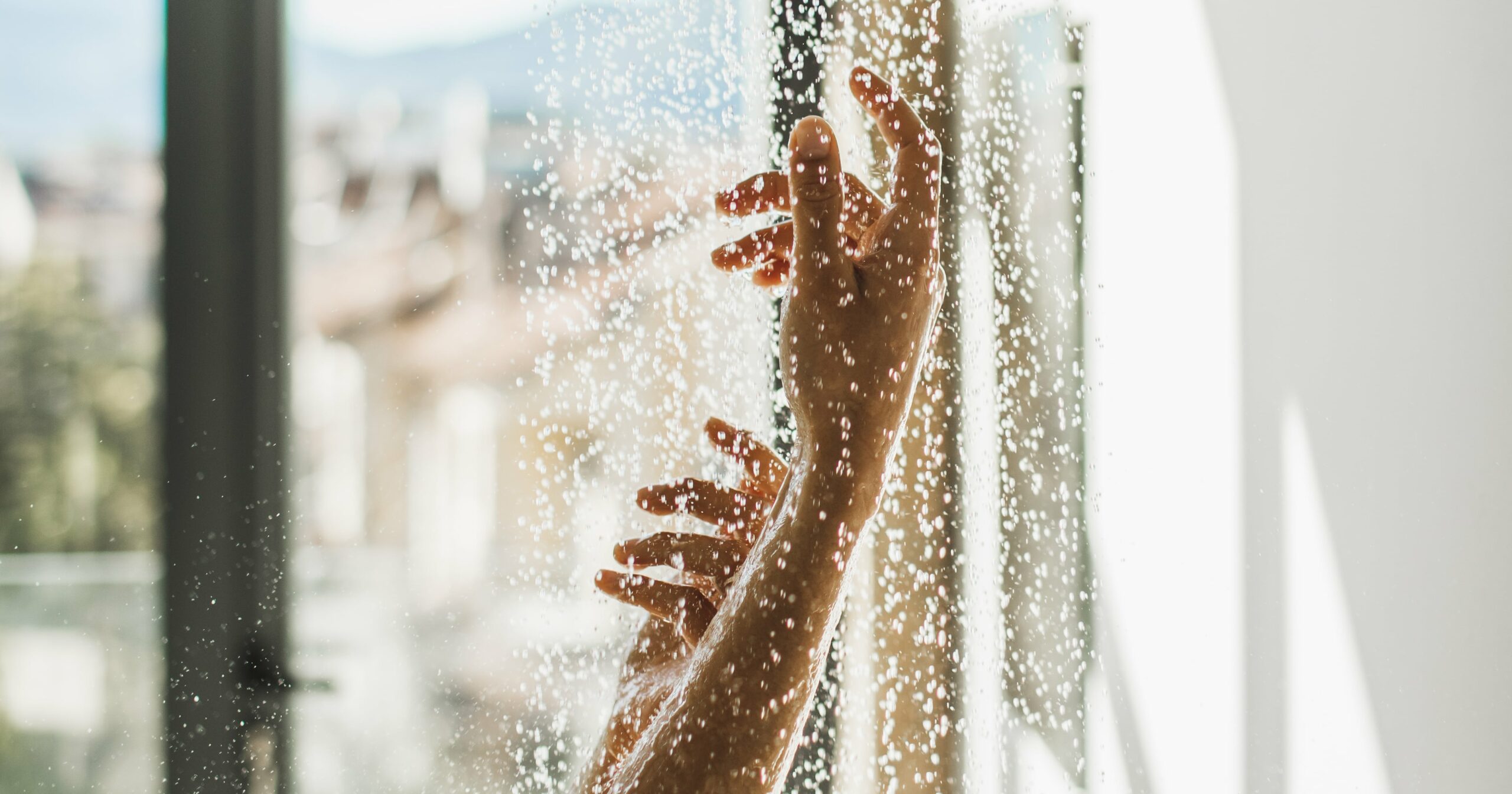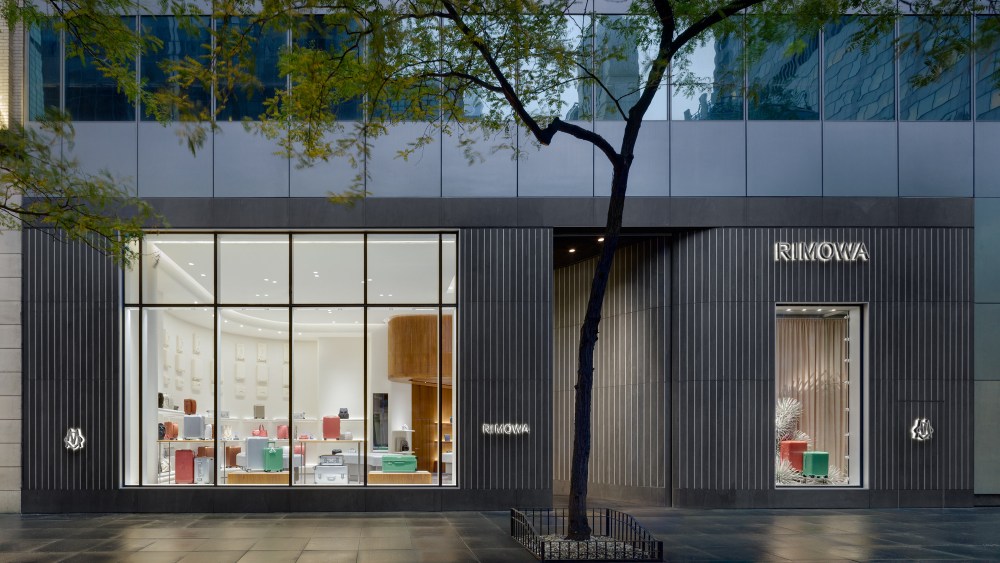Ignoring your alarm when you should be getting out of bed is always tempting – but what if stealing those few extra minutes in bed was part of your morning routine? Allow me to introduce you to hurkle-durkling, a trend that’s gone viral for its silly name, but resonates with people because of its refreshing embrace of doing nothing.
First, the name: hurkle-durkle comes from 19th-century Scots, according to the Scottish National Dictionary. It’s a spin on the word “hurkle,” which refers to crouching in a drawn-together position for warmth. To hurkle-durkle is to linger under the covers, intentionally denying (or at least delaying) whatever pressing tasks await you. The term first entered the zeitgeist in January 2024, when “Countdown” lexicographer Susie Dent posted about the phrase on X and actress Kira Kosarin posted a viral TikTok sharing hurkle-durkle as her word of the day. A year later, TikTokers are once more discovering the delightful phrase – and the surprising power of the simple practice.
When I found out about hurkle-durkling (during a morning social-media scroll, of course), the silly name piqued my interest. But it was the premise of an anti-morning routine that hooked me. Over the years, I’ve grown fatigued by online wellness communities’ obsession with morningmaxxing, or cramming as much self-care, learning, exercise, and chores into the pre-working hours as possible.
Think of the morning routines that usually go viral on social media: There’s the “Miracle Morning” routine that, like hurkle-durkling, starts with a period of silence, but then involves affirmations, visualizations, exercise, reading, and writing (or “scribing,” to complete the catchy acronym, SAVERS). Another popular one: the trendy “5-to-9 before 9-to-5” that challenges you to spend four hours before work practicing self-care, running errands, and hitting the gym.
While I respect that these routines work for some people, I am not one of them. Try as I might, I’ve never been able to stick to a morning routine. I slog through the rote necessities of getting ready for work, leaving fitness and other productive tasks, like reading or doing the dishes, for the evening and nighttime hours.
In a rise-and-grind culture fixated on maximizing every moment, I couldn’t help but feel like I was doing mornings wrong. I decided to give the hurkle-durkle trend a try for a week, wondering if the practice might help ease my anxiety about not doing enough with my early hours. The results were eye-opening.
My Experience Hurkle-Durkling For a Week
The first few days, I beat my alarm, waking up at 7:15 a.m. But to hurkle-durkle is to linger under the covers after you should get up, not whenever you wake up. With this in mind, I tried to fall back asleep until my alarm went off at 8:20 a.m. (because I work remotely from home, I have the luxury of condensing my morning routine into just 40 minutes.) The rest of the week, I woke up with my alarm and the hurkle-durkling began tout suite. Each day, I gave myself ten minutes to do nothing.
There was boredom, especially in the beginning. Like most people, I’m conditioned to using my phone before getting out of bed – scrolling social media, checking my email, and reading the news. To hurkle-durkle correctly, I had to resist tuning into the rest of the world. Once the initial boredom subsided, I felt calm. No matter what was going on in the rest of the world, I appreciated that I was warm and comfortable in my bed. There were even birds singing outside my bedroom window one morning, a pleasant surprise that I normally wouldn’t have registered.
This sense of calmness wasn’t the only benefit of the practice. After the experience of doing nothing, I actually wanted to jump into my morning just to be doing something. Without hurkle-durkling, I’d usually long for a few more minutes under the covers. With it, I had my fill. Just as research suggests boredom could help spark creativity, the blissful nothingness experienced while hurkle-durkling helped me feel ready to take on the day.
Ask yourself how much time you spend doing nothing. If you’re like I was pre-hurkle-durkle, it’s probably only a few minutes per day. Even if you don’t feel pressured to go to the gym at 5, take a cold plunge at 6, and harvest wheat to make your own toast à la Nara Smith at 7, you probably begin scrolling social media or checking the news as soon as you wake up. But when you take a quiet pause and just appreciate being awake, feeling healthy, and having people you love in your life – you realize those precious minutes of doomscrolling aren’t so precious after all.
Trying to turn my pre-work morning hours (or, if we’re being honest, hour) into an energizing, sanctifying experience was never going to happen. It’s good to be motivated, to be productive, to try to better one’s self – and if waking up at 5 a.m. is what you have to do to achieve that, by all means, do it. For those of us who will never be morning people, hurkle-durkling is worth a try.
There’s a restorative power to nothingness, whether it’s called hurkle-durkling or your typical Saturday morning. To hurkle-durkle is not to waste time. It’s to mindfully experience the passing of time while taking a break from the world. Despite what the rise-and-grind devotees may tell you, not all of your 24 hours in a day have to be useful. They just have to be lived – and, maybe, appreciated more.
Bailey Bujnosek is a writer from California who primarily covers fashion, entertainment, and culture. She has bylines in Nylon, Highsnobiety, Teen Vogue, V, VMan, CR Fashion Book, and elsewhere.




